The Moon Knows When You’re Lost
You’re standing under the night sky, exhausted after another overstimulating day filled with texts, deadlines, and distractions. Then you glance up—and there it is. The moon. Glowing full. Or maybe hidden in its darkest form. Either way, something shifts. You feel it. But what does it mean?
Maybe you’ve journaled during a full moon or heard about setting intentions on a new moon. But what’s the actual difference between these two phases? More importantly, how can understanding this help you feel more emotionally aligned, spiritually balanced, or just a little more in control?
In this blog, we’ll explore the full moon vs new moon meaning, not just astrologically—but emotionally, energetically, and ritually. Whether you’re a beginner moon-lover or a seasoned spiritual seeker, you’ll discover how to work with both phases for growth, healing, and soulful clarity.
Why Moon Phases Matter Emotionally and Spiritually
The moon isn’t just a pretty rock in the sky—it’s a mirror. One that reflects our inner tides, emotional rhythms, and intuitive wisdom. In astrology, the moon rules our emotional body. It’s tied to the subconscious, to memory, and to the hidden parts of ourselves we rarely express.
When I first began moon journaling, I was going through burnout in graduate school. I had no idea why I’d feel overwhelmed on some days and deeply motivated on others. But once I started syncing my life with lunar energy, things shifted. I stopped fighting my emotions and began flowing with them.
The full moon vs new moon meaning isn’t just symbolic. It’s practical. It’s about harnessing different types of energy—one expansive, the other introspective. One is a spotlight, the other a blank page. And both can help us emotionally reset in ways therapy or self-help books sometimes can’t.
Full Moon Energy: A Time for Release and Realization
The full moon is the moon at its most visible and potent. Astrologically, it occurs when the sun and moon are in opposite zodiac signs, creating an energetic tension that stirs emotions, realizations, and revelations.
Think of the full moon as a spotlight in your emotional theatre. Things you’ve avoided come up. Secrets are revealed. Your intuition feels louder than ever.
It’s not uncommon to feel more emotional or even have trouble sleeping during this phase. That’s because your energy body is “lit up.” It’s a time to let go of what no longer serves, of outdated beliefs, toxic patterns, or even physical clutter.
Common full moon rituals include:
• Journaling what you’re ready to release
• Burning a letter to symbolically let go
• Charging crystals under moonlight
• Breathwork or emotional release exercises
I remember a full moon in Scorpio when I finally let go of a relationship I had clung to for years. I sat with a candle, wrote down everything I needed to release, and burned the paper (safely, in a dish). It wasn’t magic in the Harry Potter sense—but something real shifted.
New Moon Energy: A Time for Planting Seeds
In contrast, the new moon is the darkest part of the lunar cycle. It happens when the moon is conjunct the sun—meaning they align in the same zodiac sign. There’s no visible light. No glow. Just quiet.
And that’s the point.
New moons are about beginnings. This is your sacred reset button. It’s when you get to ask: What do I want to call in? What’s ready to be born in me?
The energy here is gentle, quiet, and filled with possibility. It’s ideal for setting intentions, writing manifestation lists, or simply slowing down to listen.
During one new moon in Taurus, I set an intention to cultivate more abundance—not just financial, but in energy and self-worth. I planted basil seeds on my balcony that day, and every time I watered them, I reminded myself: growth takes time. But it comes.
Powerful new moon practices:
• Writing 3–5 clear intentions
• Vision boarding
• Meditating or visualizing your goals
• Starting a new project or habit
Trusted Voices: What Experts & Ancient Texts Say
According to Astrology.com, the new moon is a “blank slate that allows us to plant the seeds of our intentions.” Full moons, on the other hand, are times “of harvest—where our efforts are revealed, and clarity is illuminated.”
Hellenistic astrology, dating back to 2nd century BCE, emphasized lunar phases in relation to fate, timing, and the soul’s path. Vedic astrologers also place profound importance on “Amavasya” (new moon) and “Purnima” (full moon), believing these days carry heightened spiritual vibration.
Dr. Judith Orloff, an energy psychiatrist, writes in Psychology Today that full moons often stir emotional reactivity. “Many of my patients report heightened dreams, emotional surges, or anxiety during full moons,” she says. This aligns with what empaths and highly sensitive people experience.
When astrology, ancient texts, and modern psychology converge—there’s something worth exploring.
Bringing It Into Real Life: Moon Rituals for Emotional Alignment
You don’t have to be a witch or spiritual guru to benefit from moon energy. These rituals are simply ways to pause, reflect, and reconnect.
One student I coached had severe academic burnout. She began using new moon evenings to set small goals like “study with more focus” or “take one self-care break daily.” On full moons, she’d assess what was no longer helping—like overcommitting or self-doubt—and journal her way through it.
A startup founder I met lights a candle every full moon to symbolically release business stress, then sits in meditation. It grounds her emotionally, especially when working with uncertainty.
Whether you’re a student, professional, or simply trying to heal—your ritual doesn’t have to be fancy. Just honest.
Final Thoughts: It’s Not Woo-Woo, It’s Rhythmic
The moon doesn’t ask you to believe in anything. It just invites you to notice.
Notice how your body feels. Notice how your mood shifts. Notice how planting an intention or releasing a burden on these sacred days feels different.
The full moon vs new moon meaning isn’t a battle. It’s a cycle. A dance of beginning and ending, of hope and healing, of shadow and light.
Let the moon be your mirror. Let ritual be your anchor. And let yourself flow—not force—through the phases of your life.
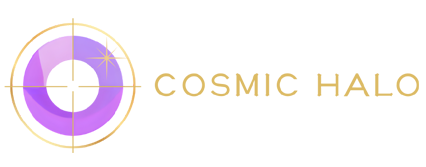
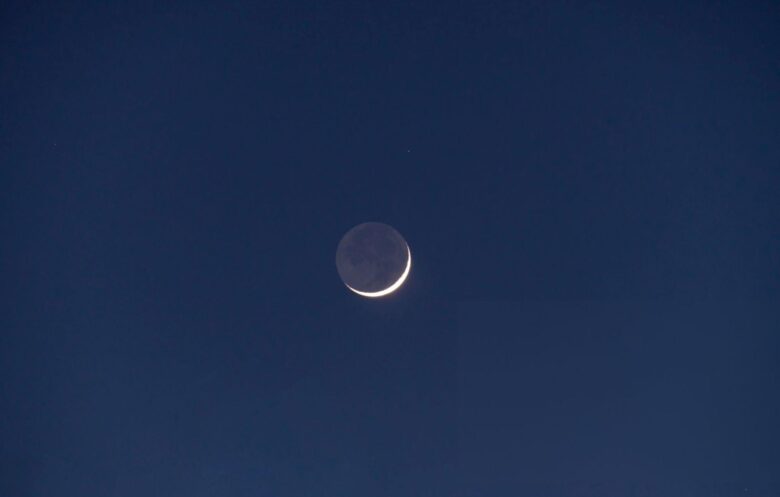
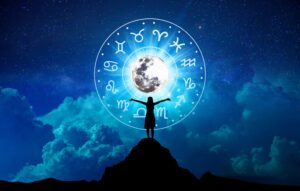
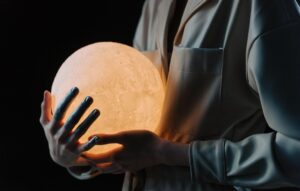
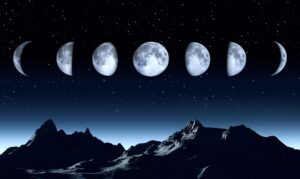
Comments
Thank you